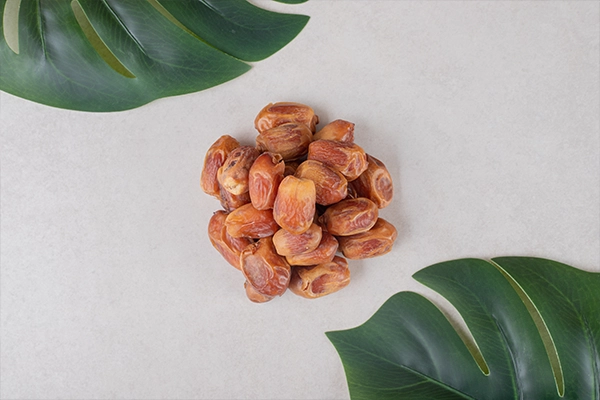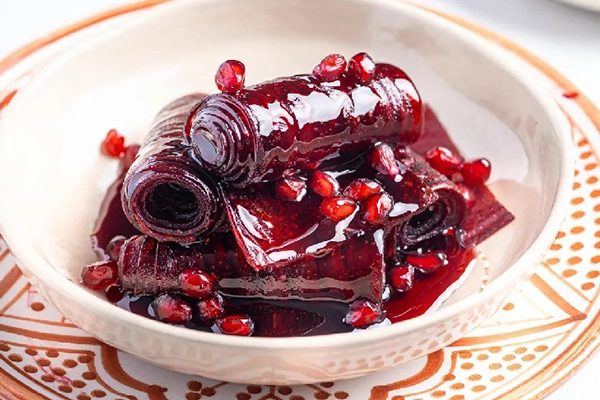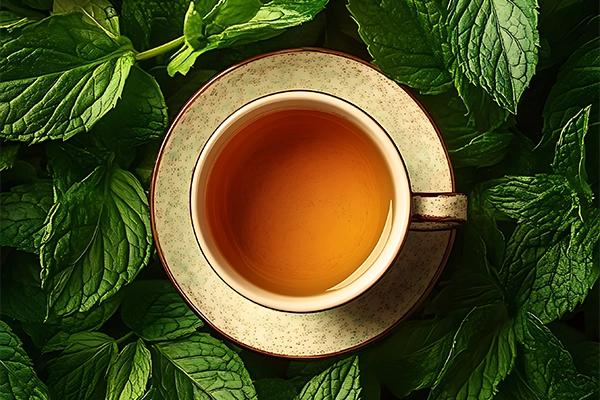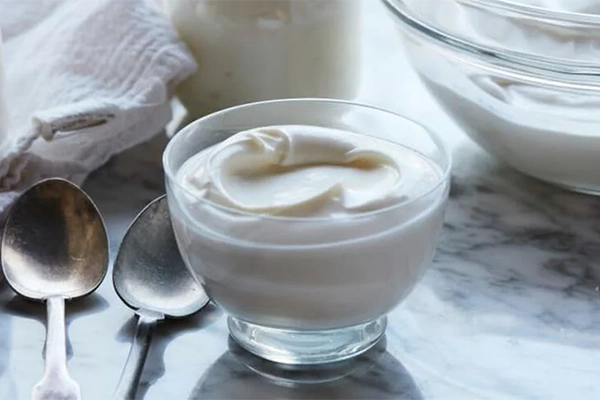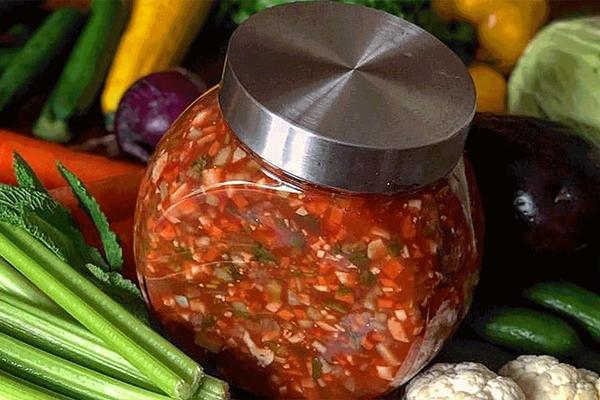Dates and figs are both nutritious and popular fruits categorized as dried fruits, widely appreciated in traditional and modern diets. These two fruits not only offer delightful flavors but are also rich sources of essential nutrients such as fiber, vitamins, antioxidants, and minerals that play a vital role in promoting overall health.
Although dates and figs share many characteristics—such as natural sweetness, energy-boosting properties, and long shelf life—they differ in nutritional value, glycemic index, natural sugar content, digestive effects, and their impact on energy levels and body weight. Understanding these differences can help you make more informed choices tailored to your individual needs.
If you are interested in learning about the broader differences between dried fruit and fresh fruit, and how each fits into a healthy diet, you can refer to our comprehensive article on Dried Fruit vs Fresh Fruit.
In this article, we will take a detailed look at the properties and differences of figs and dates to help you decide which one is more beneficial for your body and how to best incorporate these delicious fruits into your diet.
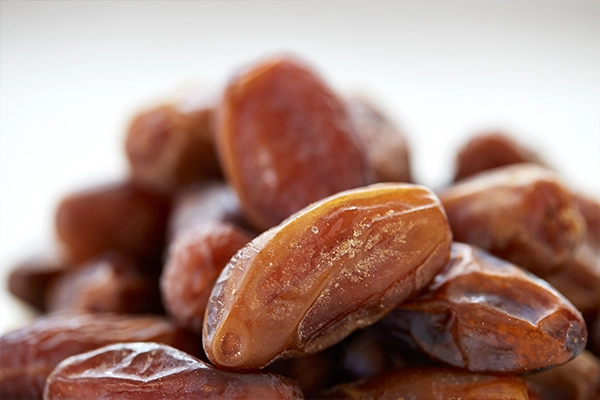
Date vs Fig: A Comprehensive Nutritional Comparison
1. Macronutrients: Energy, Protein, and Fats
Dates: A Quick Source of Energy with High Sugar
When comparing dates vs figs, dates stand out as one of the most powerful natural energy sources. Per 100 grams, dates contain:
- 282 kcal of energy
- 75 grams of carbohydrates (including glucose, fructose, and sucrose)
- 2.5 grams of protein
- 0.4 grams of fat
- 8 grams of fiber
This composition makes dates an excellent choice for athletes, students, and anyone needing immediate energy. Additionally, the fiber in dates helps regulate blood sugar and supports digestive function.
Figs: Lower Sugar, Higher Fiber
On the other hand, dried figs per 100 grams contain:
- 249 kcal of energy
- 64 grams of carbohydrates
- 48 grams of natural sugars
- 3 grams of protein
- 1 gram of fat
- 10 grams of fiber
The lower sugar and higher fiber content make figs a much better option for people with diabetes or those aiming for weight control. Figs also promote a feeling of fullness, helping to prevent overeating.
2. Micronutrients: Minerals and Vitamins
Dates: Rich in Potassium, Magnesium, and Vitamin B6
In the date vs fig comparison, dates are particularly rich in potassium, which helps lower blood pressure and supports heart health. Other important micronutrients in dates include:
- 14% of the daily potassium requirement
- 14% magnesium
- 3% calcium
- Significant amounts of iron and vitamin B6
Furthermore, dates contain antioxidants such as flavonoids and carotenoids that combat inflammation and oxidative stress.
Figs: High Calcium and Powerful Phenolic Compounds
When it comes to calcium content, figs take the lead. Per 100 grams, dried figs provide:
- 20% of the daily calcium requirement
- 16% magnesium
- 14% potassium
- Notable amounts of iron, vitamin K, and B vitamins
Figs are also an excellent source of phenolic compounds and soluble fiber, playing key roles in cholesterol management and gut health.
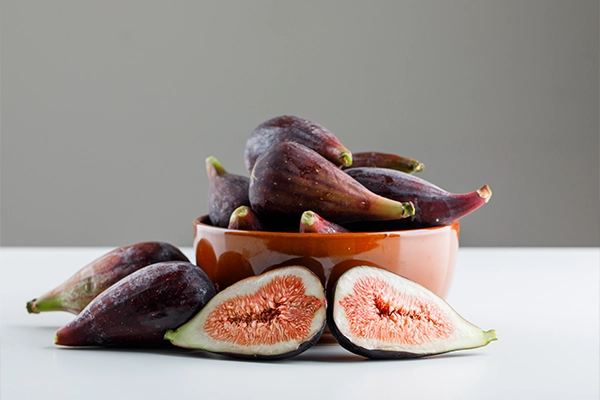
3. Nutrient Comparison Table (per 100 grams)
| Nutrient | Dates | Figs |
| Calories | 282 kcal | 249 kcal |
| Carbohydrates | 75 g | 64 g |
| Natural Sugars | 63 g | 48 g |
| Fiber | 8 g | 10 g |
| Protein | 2.5 g | 3 g |
| Fat | 0.4 g | 1 g |
| Potassium | 14% RDI | 14% RDI |
| Magnesium | 14% RDI | 16% RDI |
| Calcium | 3% RDI | 20% RDI |
4. Health Benefits: Digestive, Heart, and Bone Health
Improving Digestive Health
Both dates and figs significantly aid digestion, but through different mechanisms.
Figs, with their high soluble fiber, increase stool bulk, speed up bowel movements, and prevent constipation—making them a natural remedy for chronic constipation, especially in elderly or sedentary individuals.
Dates contain a specific type of soluble fiber called beta-glucan, which feeds beneficial gut bacteria, boosting gut microbiota and reducing intestinal inflammation. Regular consumption of dates may improve nutrient absorption and alleviate bloating or indigestion.
Heart and Vascular Health
In the date vs fig debate, both fruits benefit heart health via distinct mechanisms:
- Dates are rich in potassium, which helps lower blood pressure. Their antioxidants like flavonoids, polyphenols, and carotenoids reduce LDL cholesterol oxidation and prevent arterial plaque buildup.
- Figs, rich in calcium, potassium, magnesium, and polyphenols, help lower cholesterol, improve heart rhythm, and reduce heart attack risk. The fiber in figs lowers fat and sugar absorption, reducing metabolic load on the heart.
Research also indicates that consistent fig consumption can reduce blood triglyceride levels, a key risk factor for cardiovascular disease.
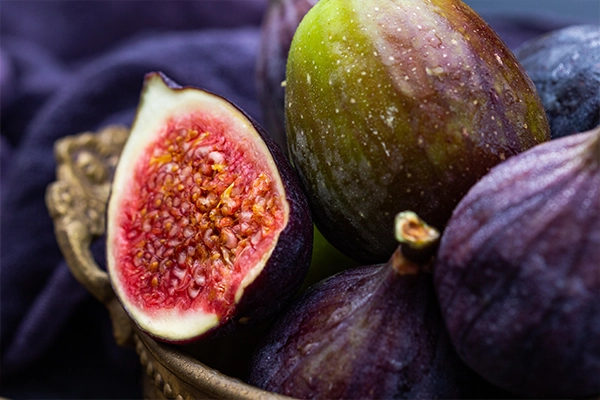
Bone Strength and Osteoporosis Prevention
One of the key factors in comparing date vs fig is their impact on bone health.
Dried figs lead with their high calcium content (about 160 mg per 100 g) and magnesium, promoting bone density and helping prevent osteoporosis. Vitamin K in figs also supports calcium deposition in bones.
Though dates have less calcium, they contain boron, phosphorus, vitamin K, and notable iron amounts, making them effective supplements for bone growth and strength—especially important for children, adolescents, and women during pregnancy or menopause.
Both fruits’ alkaline nature helps balance the body’s acid-base status, preventing mineral loss from bones caused by acidification.
5. Dietary Uses: Choosing Based on Individual Needs
Athletes and Active Individuals
In the date vs fig comparison, dates provide simple, fast-absorbing carbohydrates that serve as reliable quick energy sources. Athletes or physically active people can benefit from dates as a pre-workout snack to quickly replenish energy stores.
Consuming 2–3 dates with a handful of nuts like almonds or walnuts creates an excellent energy and nutrient combo to support muscle strength and improve performance.
Diabetics and Weight Management
Figs, with their lower sugar and higher fiber content, are more suitable for people with diabetes or those controlling blood sugar. The fiber slows sugar absorption, preventing sudden blood glucose spikes.
High fiber also promotes longer satiety, making figs a better choice for weight loss diets.
Balanced and Combined Diets
For nutritional balance and benefits from both fruits, a moderate combined intake is best. For example, dates can be consumed as a fast energy source in the morning or before exercise, while figs serve as a low-calorie, nutrient-dense afternoon snack.
This strategy ensures sufficient energy supply, along with fiber and essential micronutrients, without excessive blood sugar spikes.
6. Shelf Life and Storage
Dates: Durable and Easy to Store
Thanks to their high sugar and low moisture, dates have a long shelf life—up to 12 months when stored properly in the refrigerator or a dry, cool place.
To preserve freshness and prevent moisture or odor absorption, keep dates sealed in airtight packaging or glass containers in a cool, dry location. This helps maintain their soft texture and natural flavor.
Figs: Require Careful Handling
Fresh figs spoil quickly due to high moisture and should be consumed within a few days at room temperature. Refrigeration extends freshness but they still need to be eaten promptly.
Dried figs, if stored properly in dry, cool, and dark conditions, can retain freshness for up to 6 months. Proper packaging and avoiding exposure to humidity and air are essential for longevity.
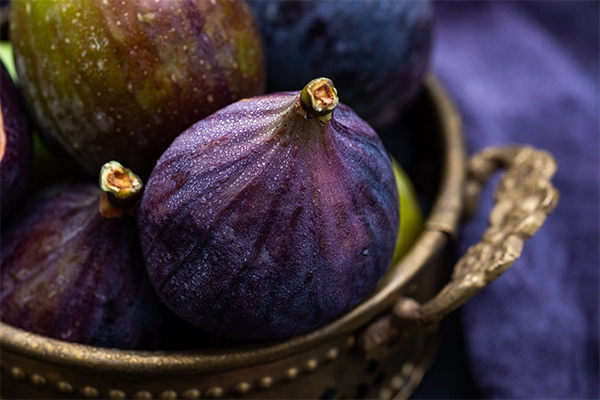
Summary
In the thorough date vs fig comparison, both fruits are valuable natural sources of nutrients, energy, and antioxidants.
If you need quick energy, iron, and potassium, dates are a suitable choice.
If you prefer higher fiber, calcium, and lower sugar, figs are a smarter option—especially for those managing blood sugar or focusing on bone health.
Ultimately, balanced consumption of both dates and figs in your daily diet provides a powerful combination to support digestive health, strengthen the heart, and promote bone integrity.
For high-quality dates and figs at reasonable prices with exceptional variety, we recommend Faraz Hypermarket.
At Faraz, you can find premium dates, fresh dried figs, and a wide range of other dried fruits, all guaranteed fresh and hygienically packaged.
